On Thursday, Zurich-based ZuriQ, a quantum hardware startup, announced that it has secured $4.2M (approximately €4M) led by Founderful.
Based out of Zurich, Founderful is a pre-seed fund, that backs founder teams building tech companies with the potential to become global market leaders.
Pascal Mathis, Partner at Founderful says, “We have been highly impressed by the speed of execution of ZuriQ’s founding team and the pace of progress towards technical milestones that have been elusive in the community so far.”
Other investors, including SquareOne, First Momentum Ventures, OnSight Ventures, and QAI Ventures, also participated.
The foundation of ZuriQ
The technology emerged from the ETH labs of Prof. Home, where founders Pavel Hrmo, Tobias Sägesser, and Shreyans Jain came together to work on a high-risk project.
After setting out to rethink ion trapping, the trio built a novel setup housing a microfabricated trap chip in a large superconducting magnet – an approach many doubted would succeed.
Before capturing their first ion, the team spent months testing hundreds of parts where a single failure could have prevented the setup from working.
Then when they first turned on the device, they were met with nothing – the system was silent with no hint as to what might have malfunctioned.
For six months, they double-checked their calculations, exhaustively explored all experimental parameters, and pulled through a period of doubt when most would have dropped back to plan B.
The founders, however, had only plan A which proceeded at pace, publishing the initial findings in Nature and demonstrating novel scientific applications all while working to incorporate the company.
ZuriQ: Building a quantum computer with scalability
Led by Pavel Hrmo, ZuriQ is building a quantum computer that uses perfect qubits – individual trapped atomic ions – arranged in reconfigurable 2-dimensional lattices.
The company claims that devices using these qubits have shown the best performance in small systems with tens of qubits in a 1-dimensional architecture. However, it is hard to increase the number of qubits in a one-dimensional setup.
Consequently, the company has developed a technology that uses both electric and magnetic fields to trap ions.
This allows ions to move freely in all directions, like an airplane, while competitors’ ions are restricted, moving like cars on roads. As more ions are added, bottlenecks can occur in information flow, similar to traffic jams in busy cities.
The ability to move ions freely in the ZuriQ approach is essential for improving the performance of these systems as they scale up.
“The space for few-qubit devices that act as toy models are already saturated,” says Pavel Hrmo, CEO of ZuriQ. “Devices with 20-40 qubits won’t drive large profits. We need to focus on long-term scalability and demonstrate that our platform can grow the number of ions in two dimensions faster than our competitors.”
Unlike the existing quantum computer scaleups Quantinuum and IonQ, which build on decades-old technological blueprints, ZuriQ claims to have redesigned the fundamental computational building block from scratch.
Importantly, the re-design maintains compatibility with the proven control techniques developed by the trapped-ion academic community.
As a result, the company is on track to demonstrate its first prototype late this year which will have dozens of ions in a reconfigurable 2-D grid.
The roadmap ahead
Moving forward, the Swiss company aims to become the flagship provider of quantum computing worldwide offering both direct system sales and cloud access while fulfilling a strategic national priority for Switzerland.
The systems will be continuously upgraded as the hardware matures, with a particular focus on applications requiring high data privacy, such as financial portfolio optimisation or drug design.




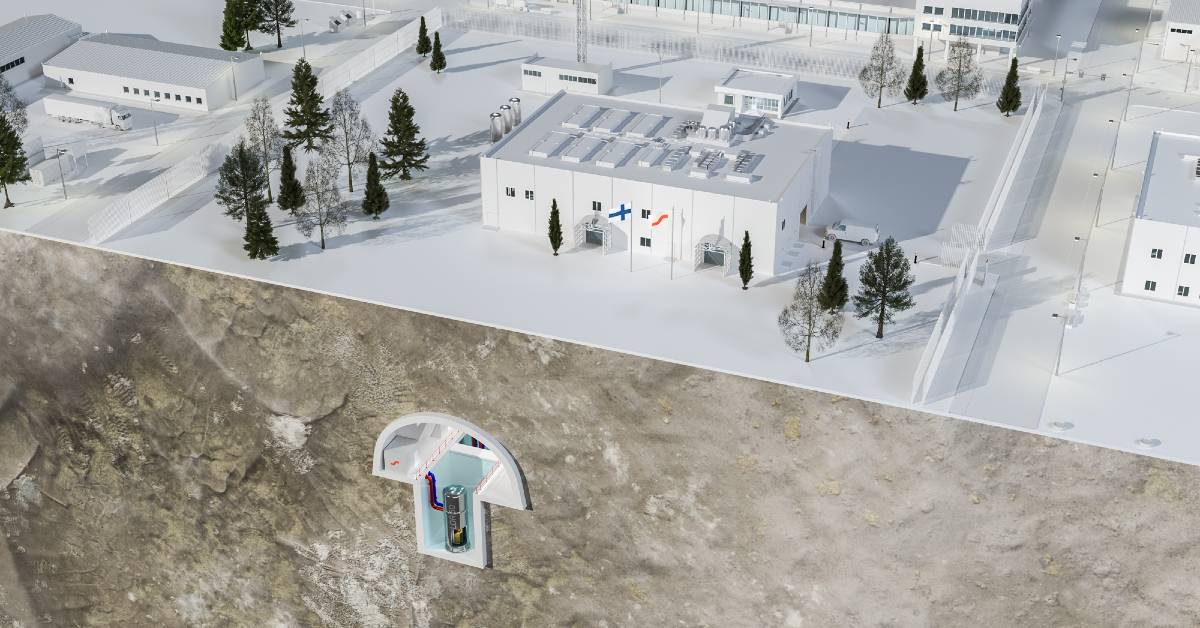
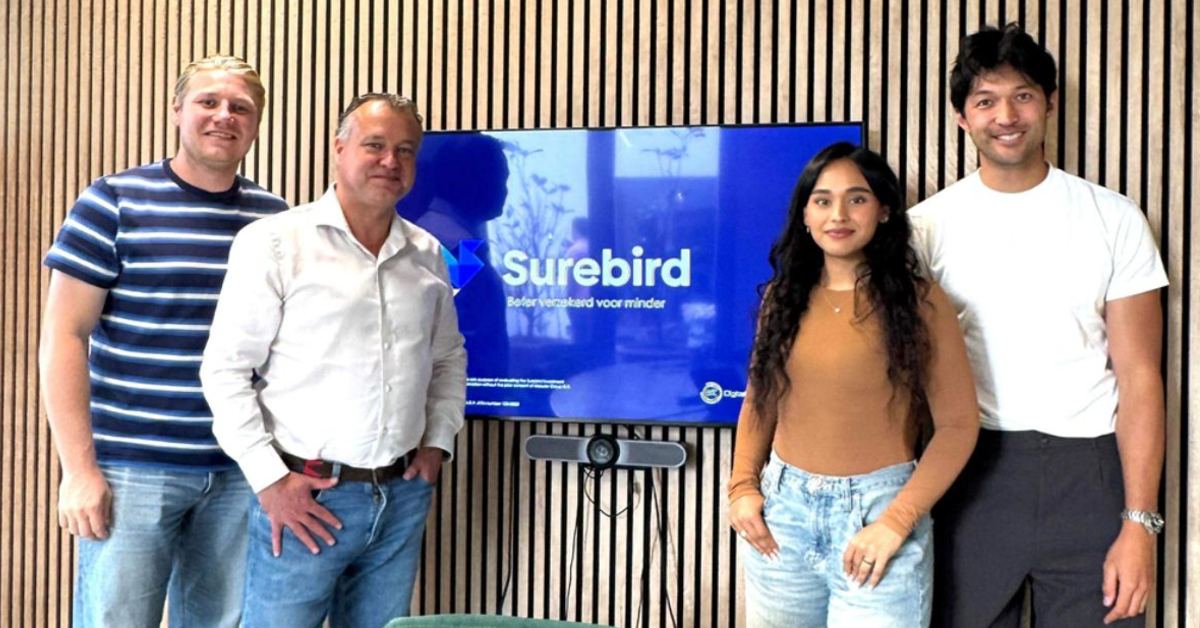
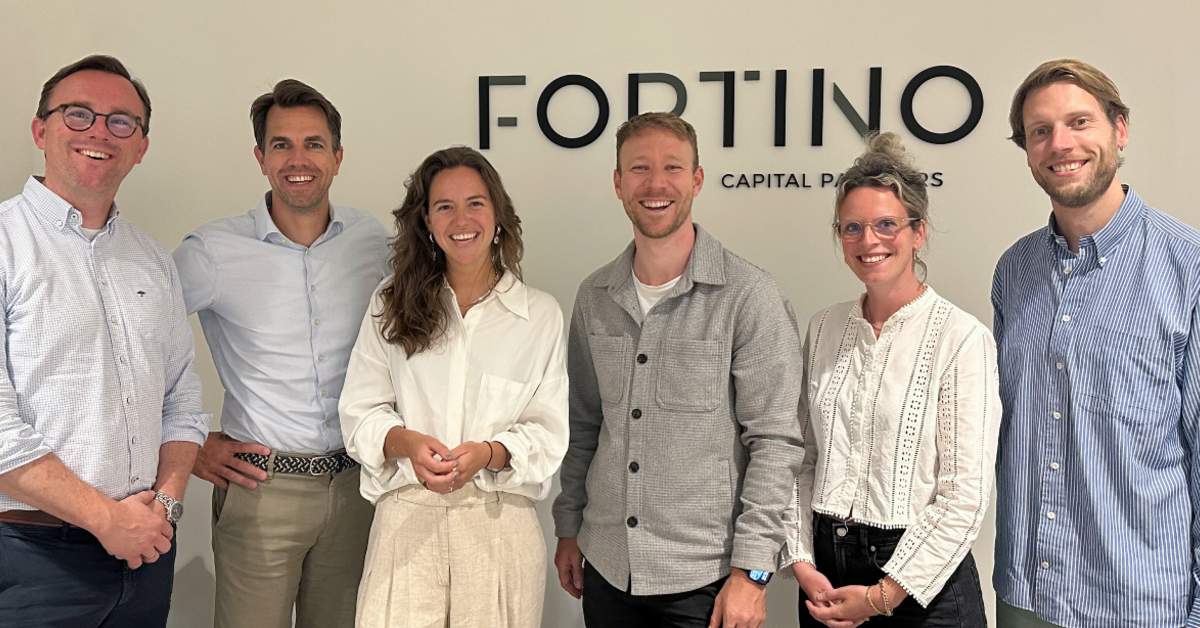
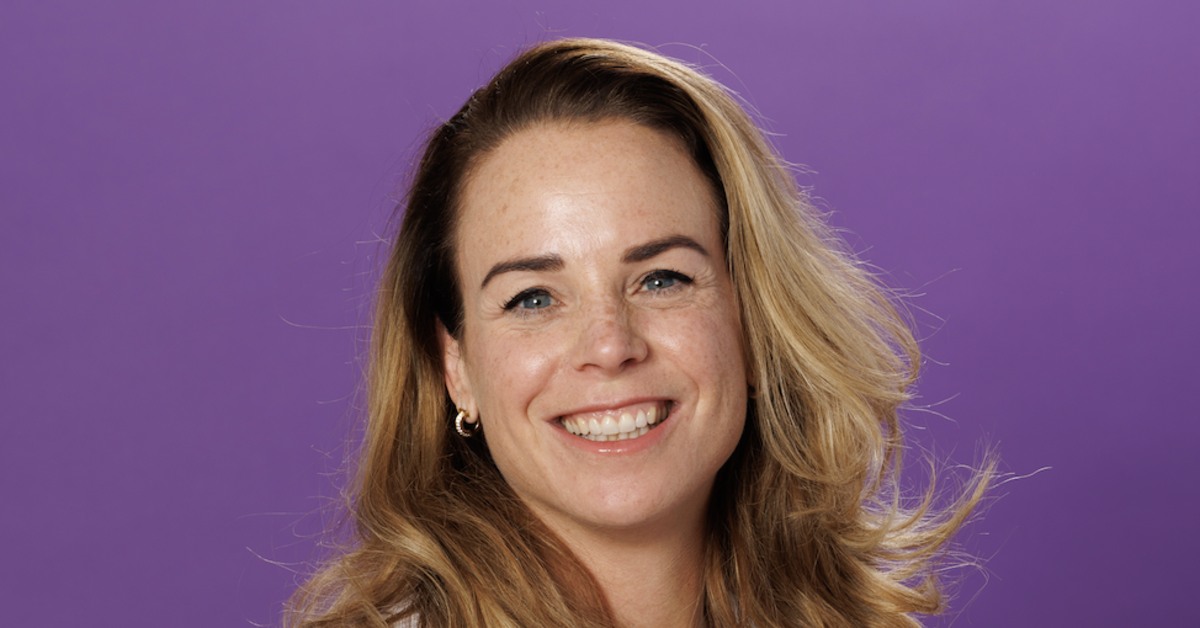
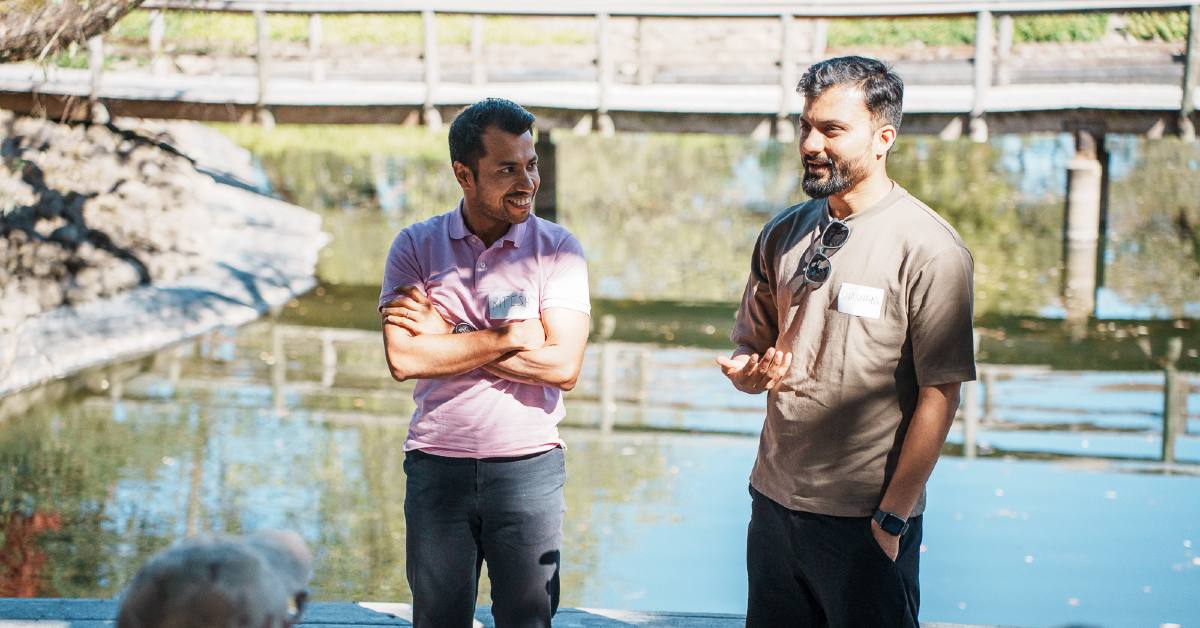

01
From telecom veteran to Dutch Startup Visa success: The Jignesh Dave story